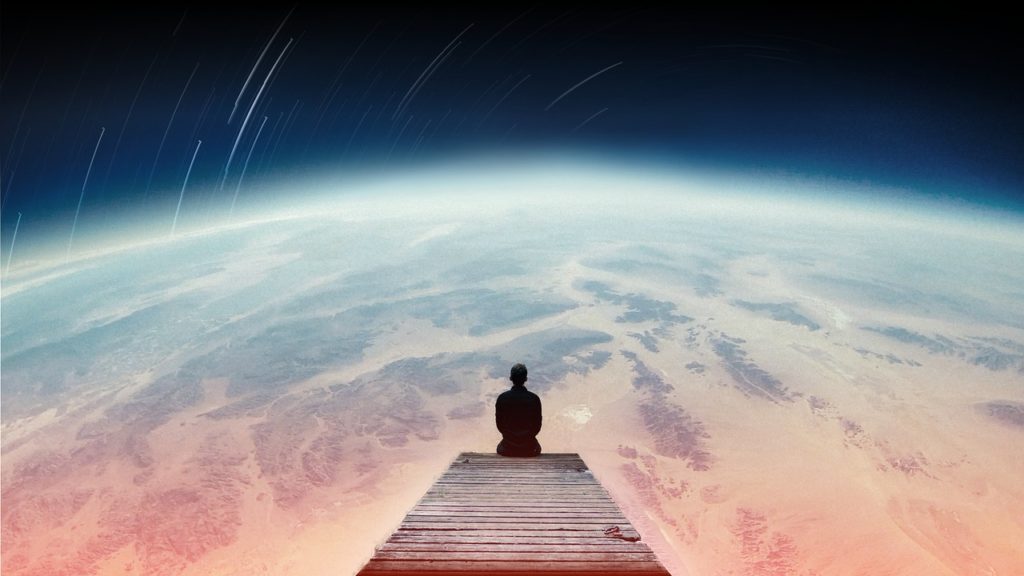“What’s on your digital morning rotation?” he asked.
“Digital morning what?” I replied, dumbfounded.
“Digital morning rotation,” he repeated. “The first few apps or websites you check every morning.”
I’m definitely not the sort of person who has a “digital morning rotation,” I was about to blurt out indignantly.
But in the split second before I opened my mouth, I realized I’d be lying.
I did, in fact, have a digital morning rotation. Every morning, I’d check Instagram, Facebook, my favorite news website, and my favorite sports website—before I even had my morning coffee.
“Your mind will take the shape of what you frequently hold in thought,” Marcus Aurelius wrote, in a prescient statement nearly 2,000 years before the advent of the internet. My morning dose of notifications—delivered drip, drip, drip like an IV into my mind—would morph my brain into the shape of the latest political gossip, transfer rumors for my soccer team, and what everyone and their cousin chose to announce on Facebook and Instagram.
This was the digital equivalent of gorging on a giant bucket of M&Ms for breakfast every morning.
Garbage in, garbage out.
Information is like food. Some of it is toxic. And even what’s healthy can become toxic in high doses. Once ingested, information can wreak havoc on your mind, holding up precious space in an already cluttered environment.
There’s information that’s objectively junk—like who your ex-girlfriend is currently dating, according to her Facebook profile, or what new skin-care regimen January Jones adopted during the quarantine.
And then there’s junk information dressed up as healthy. These are the “breaking news” that conveniently break in predictable cycles. The “hot takes” under clickbait headlines. The op-eds masquerading as unbiased reports designed to inflame our emotions.
We’ve been seduced into believing that we must “stay current” and “keep up with the times.” In a time of great social and political upheaval, information feels very urgent—even though the true emergency is lacking the space to think properly.
Sucking on our digital pacifiers numbs our minds. It keeps us looking at ads. It destroys our creativity by cluttering our mind with “information” we don’t need and focusing our attention on how things are rather than how they could be.
Since that conversation about my digital morning rotation, I significantly cut back on what I consume. I prefer audiobooks over podcasts, books over blog posts, and evergreen articles over breaking news. I also consciously make an effort to create more than I consume.
Before I digest any piece of information, I ask myself—as Marie Kondo might with a pair of socks—does this spark joy? Does this add meaning to my life? Will this help me move the needle on what I’m building?
If the answer is no, it gets tossed, without even being thanked (don’t judge, Marie Kondo).
Here’s the thing: We’re all walking repositories of epiphanies hidden in our subconscious. But those epiphanies remain buried underneath a pile of junk clothes we’ll never wear again.
Decluttering your mind is the key to unlocking those epiphanies that might lead to your next breakthrough.




